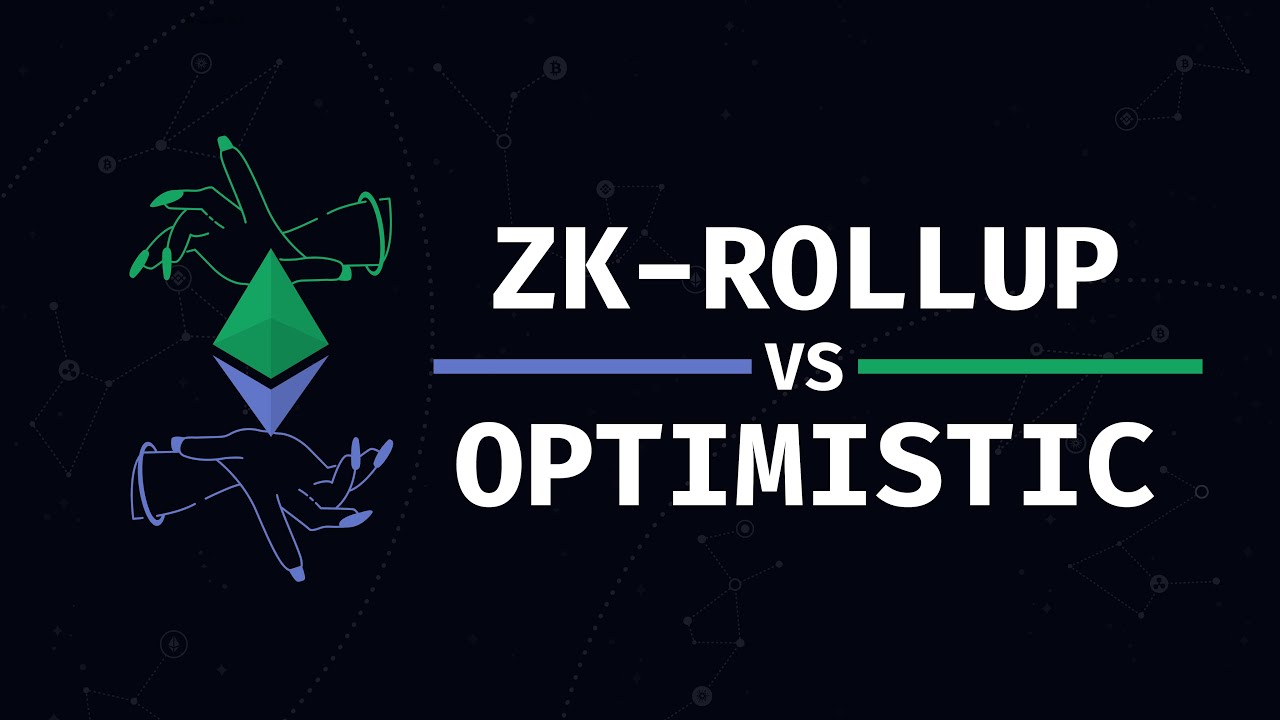Recently there have been a lot of questions when major Optimistic Rollup platforms like Optimism are showing signs of supporting Zero-knowledge technology, but Arbitrum seems to still be very loyal to “optimistic” technology. Not to let users wait too long, Ed Felten, Chief Engineer and Co Founder of Arbitrum, had an article “Why we are optimistic about Optimistic”. Without further ado, let’s get started.
To better understand “Why we are optimistic about Optimistic”, people can refer to some of the articles below:
- What is Layer 2? Complete Guide to Layer 2 Solutions
- What is Optimistic Rollup? Overview of Optimistic Rollup
- What is Arbitrum (ARB)? Arbitrum Cryptocurrency Overview
“Why we are optimistic about Optimistic” – Ed Felten
Optimistic Rollup is cheaper
This is directly related to the data submission process and resolving disputes that arise regarding differences between Optimistic Rollup and ZK Rollup. We will look back at the differences.
- For Optimistic Rollup: The block after being sent to Ethereum does not require accompanying evidence and there will be a 7-day period for the parties to present evidence of fraud. In this context, if there is only 1 unit deploying Sequencer, there is definitely no fraud occurring. For Optimistic Rollup, there is no need for accompanying evidence, so there is almost no cost of creating evidence.
- For ZK Rollup: All Blocks sent to Ethereum must have a Validity Proof attached. Over time the cost of creating Validity Proof has been significantly reduced but certainly cannot be zero.
Thanks to not having to constantly create transaction proof like ZK Rollup, in Ed Felten’s opinion, the transaction fees of ORU platforms are much better than ZKU.
Optimistic Rollup is simpler
In Ed Felten’s opinion, tIn software engineering, and especially in security engineering, simpler is better. Complexity increases security risks and makes things slower and more difficult.
In fact, implementing ORU is much simpler than deploying ZKU. Most developers can explain and understand how ORU is implemented and works whereas to understand the entire ZKU technology even cryptography professors have to work hard to understand its system.
Optimistic Rollup is more flexible

Proving is necessary & important for any Layer 2 platform, but the proving process is not the only thing that users and developers want. They want new features and those features should be easy to build and adopt, in this regard ORU platforms are somewhat better than ZKU.
A good example is Arbitrum Stylus, which allows developers to deploy smart contracts in popular languages like Rust and C++ and run those programs in the WASM virtual machine, on the same chain as the EVM virtual machine. Stylus is a relatively difficult feature to build that requires combining two virtual machines into a single, seamless system.
One reason why features like Stylus can be implemented on ORU platforms is because ORU instances can use standard programming languages and tools, making it easy to upgrade or build new features. becomes easier. In contrast, ZKU technology requires different programming tools, which leads to slow and cumbersome construction and use.
Cross-chain interaction time
A common problem with the ORU solution is that the challenge time of Blocks on Ethereum is equal to the withdrawal time from Layer 2 to Ethereum. Ed admits that this is the strength of the ZKU platforms when the proof time on Ethereum of ZKU is much faster than ORU, so ZKU’s withdrawal time is much more optimal than ORU.
However, today there are many Bridge or Cross-chain solutions such as Orbiter Finance, Stargate Finane, Li.Fi,… that can fill this gap. With exchanges allowing direct deposits and withdrawals with Layer 2 platforms, these factors are said to be balanced between ORU and ZKU.
Finality of ORU and ZKU is the same
In Ed’s view, a transaction has Finality when the outcome of the transaction is fully determined and all participants in the protocol know the outcome.
Some Personal Views

First, to talk about transaction fees, do you agree that ORU platforms do not charge a fee to create proof for each Block and only create Blocks when quality disputes arise? This makes ORU cheaper than ZKU? Not sure. Because, with the ZKU platforms, because they always have Proof accompanying the Block, the ZKU platform’s Block does not need as much transaction information as the ORU platforms. In addition, Zero-knowledge technology allows one proof to prove many different Blocks.
Therefore, I do not completely agree with Ed’s conclusion that ORU is definitely cheaper than ZKU. However, to compare at the present time is relatively difficult when the ZKU platforms are not completely complete in terms of infrastructure.
Next, I completely agree with Ed about ORU being more flexible and simpler than ZKU. Totally agree 100%.
Third, the proof factor on Ethereum that directly affects the withdrawal time from Layer 2 to Ethereum today has been largely overshadowed by cross-chain services of third parties and supporting exchanges. Direct deposit and withdrawal support. However, if it is a large amount of money and users need the highest level of safety and security, they will have to send it via Native Bridges, which will cause a certain delay from ORU compared to ZKU.
However, I think I quite agree with Ed on this issue.
Finally, about the finality of the transaction, I do not agree with Ed because even if the transaction has been completed on ORU, during the testing period on Ethereum, these Blocks are challenged and there are transactions. malicious, it can be completely reversed on ORU. For ZKU platforms, once Validity Proof is proven by the Verifier Contract, it cannot be reversed on Layer 2.
However, in the context that Sequencers are not yet decentralized, the finality of ORU and ZKU is the same for me because Offchain Labs does not have time to conduct unique transactions, and for the longer-term future when Sequencers become decentralized. If you focus, finality will be much more important.
Summary
ORU and ZKU will always be an extremely fierce competition. If ORU has the advantage of early adoption, ZKU has the advantage of technology. Hopefully through this article, everyone can understand more about ED Felten’s perspective: “Why we are optimistic about Optimistic”.


